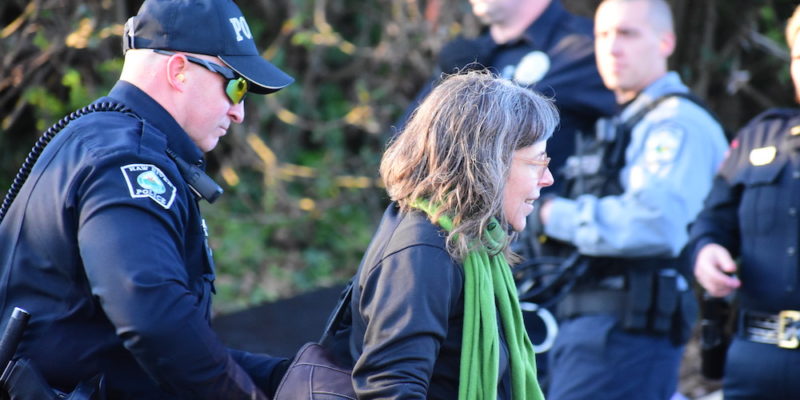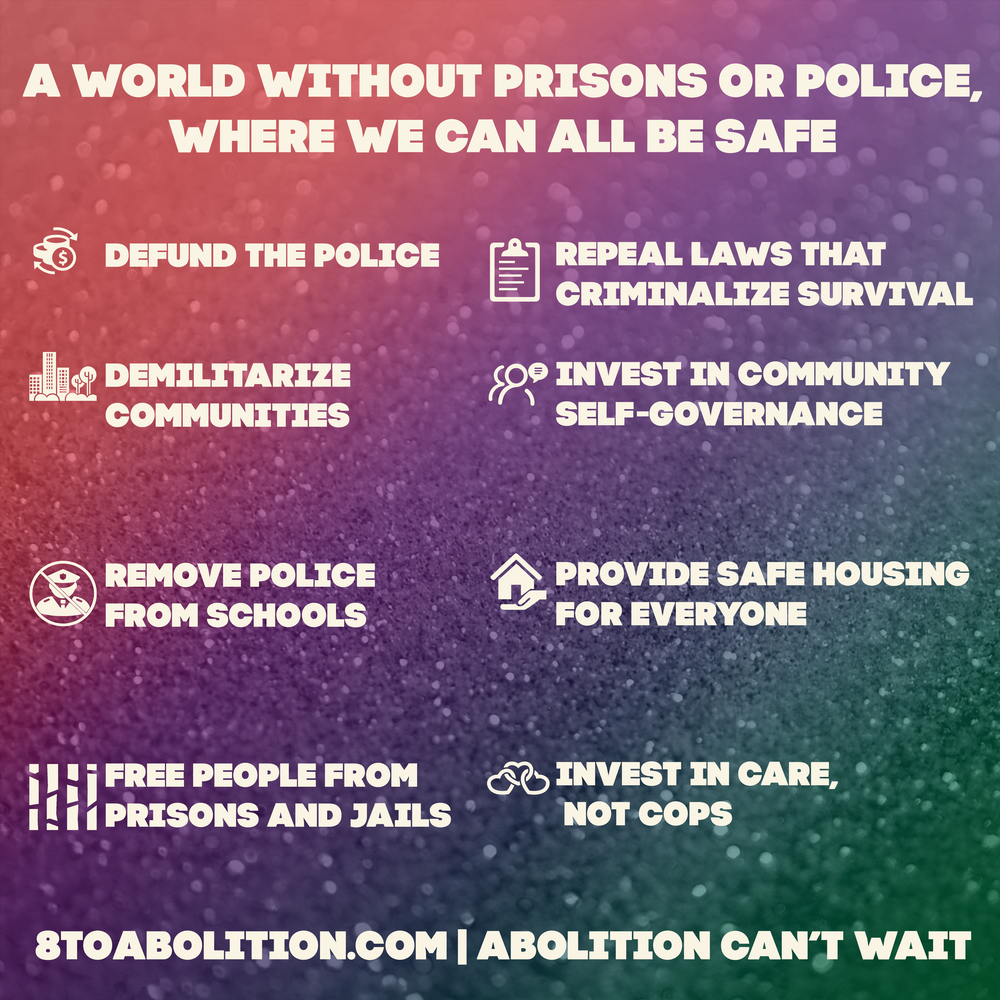I just sent the following letter to the Mayor and Town Council of Chapel Hill and cross-posted at orangepolitics.org/2011/11/guns-over-franklin
I was extremely disappointed to see the Town handle the anarchist break-in at the Yates Building so poorly after working so well with the activists at Occupy Chapel Hill/Carrboro for the past month. What happened last weekend played into every simplistic anarcho-fantasy about jack-booted thugs violently protecting the wealthy. That’s not the Chapel Hill we know, but there is a vocal group of residents that now may never believe otherwise.
I’m undecided about Jim Neal’s specific proposal for an independent commission to study the events of last weekend. Do we really have to empanel a committee to tell us what almost everyone knows (at least in retrospect), which is that the police action was unnecessarily forceful and overly broad? However, I very much want and need some clearer answers from the Town of Chapel Hill.
I understand that the police’s action was taken out of fear of violence, which was rationally based on the (limited) information they had at the time. But it was hardly the only tactic available to the Town. The range of options available could have included sending a plainclothes officer or civilian staffer to communicate with the group, possibly to negotiate or just to give them a deadline to leave. It’s not as if Riddle was being deprived of his non-use of the property, so there should have been time to consult the Mayor and maybe even other community leaders who would have provided valuable insight into the real risks involved (or not involved) before endangering the public by brandishing assault rifles on West Franklin Street and detaining people guilty of nothing but standing on a public sidewalk.
The people of Chapel Hill are owed an explanation and an obligation to try to avoid any further such actions. Below are my suggestions for how the Town can work to make amends and rebuild trust:
1. The Town Manager should investigate the chain of decision-making. Who gave the order, and was it consistent with instructions from the Chief and the Manager? I think so highly of both that I frankly have trouble believing they would have signed off on such an operation. I hope no-one has to be fired, but it’s critical that someone publicly admit that a mistake was made and take responsibility for it.
2. The Town should drop the charges against the squatters (or encouraging Riddle to drop charges, if he pursues them) as a goodwill gesture in response to the excessive use of force and intimidation during the arrests. This can be done while making it clear that the Town will not hesitate to arrest people for breaking and entering property in the future, whether it is abandoned or not.
3. The Town should put systems in place to ensure this kind of thing doesn’t happen again. This might include:
- Improve relationships with local communities to build knowledge and relationships that will help the police to avoid stereotyping and profiling (think “known anarchists” and “random black men walking down the street”),
- develop tactics that address public problems in a more targeted fashion instead of blanketing an entire area with force and detaining everyone inside (think CHPD actions on Graham Street in 1990 and Sykes Street in 2004), and
- give attention and support to the police review board and consider expanding their powers to give feedback on public police activity and to generate additional recommendations for more effective policing in the future.
I understand you may already be inundated with opinions about this, but some of the best analyses I’ve seen have been in the Independent Weekly http://www.indyweek.com/indyweek/chapel-hill-cops-vs-anarchists-and-no-one-wins/Content?oid=2706659 and in an essay by Tim Tyson: http://newblackman.blogspot.com/2011/11/things-to-consider-while-occupying.html. I highly recommend reading these with an open mind to grasp the complex nature of this conflict in which neither “side” has the moral high ground.
If you want to know more about what the community is saying, there are quite a wide range of opinions being shared in the comments on OrangePolitics: http://orangepolitics.org/tags/occupychc
Thank you for your hard work, especially in difficult situations such as this. I appreciate your thoughtful consideration of my concerns.
Sincerely,
Ruby Sinreich


